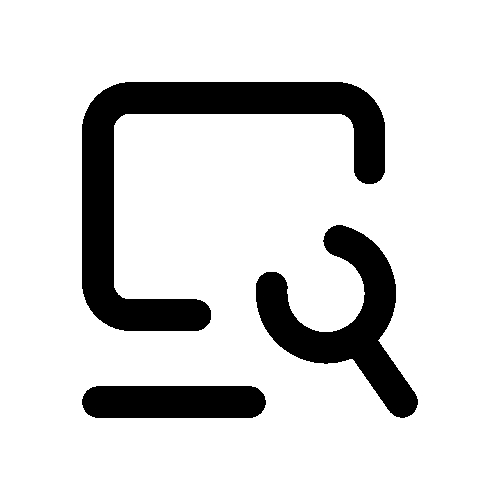The Internet Mechanic

Why you Need to Work on your Soft Skills
I once had a situation that underscored the importance of communication. I was working on a project with a team of brilliant engineers. We had
I once had a situation that underscored the importance of communication. I was working on a project with a team of brilliant engineers. We had developed an innovative solution to a complex problem and we were excited to present it to our Top Management. However, when it came time to explain our solution, we struggled. We were so wrapped up in the technical details that we failed to communicate the solution in a way that they could understand. This was a frustrating experience, but it was a wake-up call for me that there is more than just coding and building applications & tools. As Vinh Giang once said:
“You might be 10/10 technically brilliant. but if your ability to communicate is a 2/10, do you think the customer perceives you to be a 10/10 or a 2/10? you’re only as good as you can communicate.”
It was a clear example that no matter how technically sound our solution was, it was worthless if we couldn’t communicate it effectively. the same applies to the other set of soft skills that you need to add to your tool belt power up your career.
The days of the lone genius hunched over a chalkboard are fading. Today’s engineering landscape is a collaborative web, where projects necessitate effective communication, teamwork, and adaptability. Consider these scenarios:
So, what soft skills should every engineer have in their arsenal? Here are a few key players:
The good news is, just like any skill, soft skills can be learned, honed and sharpened. Here are some ways to power up your soft skillset:
While technical skills are crucial in engineering, soft skills are equally important and can significantly enhance an engineer’s effectiveness and success. By developing skills in communication, leadership, and emotional intelligence, engineers can improve their ability to work in teams, manage projects, and interact with clients and stakeholders. Thus, investing time and effort in improving these soft skills is a worthwhile endeavor for any engineer.
Get our most valuable tips right inside your inbox, once per month!

I once had a situation that underscored the importance of communication. I was working on a project with a team of brilliant engineers. We had

The internet is a collection connected networks, at the heart of it lies BGP. as such, monitoring your BGP network is an important task to

As a certified digital hoarder, I’ve lost more files in my life than I can count. One day, after losing a particular file that contained




